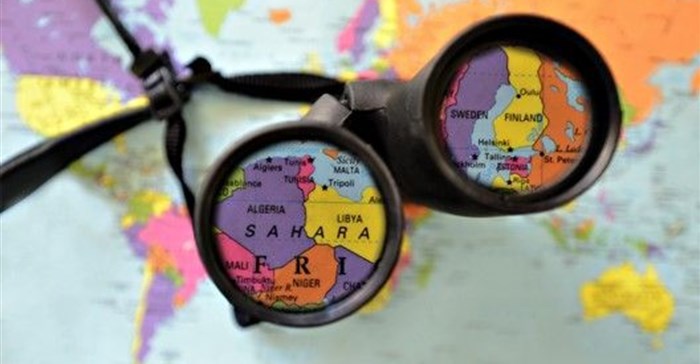With a 3.6% real GDP growth in Q1 2017, the world economy has remained strong, surpassing the earlier forecast at 3.5% for 2017/2018. This growth, according to Euromonitor International, is and continues to be highly driven by emerging markets which account for approximately 74% of the world's real GDP expansion, and a predicted share of up to 79% by 2020.

Image: Susan Leggett
Among top sectors contributing to this economic development are the travel and tourism industry, directly accounting for $2.3tn (10.2% of the world’s GDP) and 109 million jobs (one in 10) globally in 2016. However, the sector’s agility has had to withstand the pressures of global uncertainties, especially related to political stands across the world. Brexit, the Trump travel ban and the North Korean looming standoff with Japan and United States, are just some of the major challenges cited in the report.
Tourism and travel sector shows resilience
Quoted in the Global Economic Impact and Issues 2017 report, president and CEO of the World Travel and Tourism Council (WTTC), David Scowsill says: “This is the sixth year in a row that travel and tourism have outpaced the global economy, showing the sector’s resilience, and the eagerness of people to continue to travel and discover new places, despite economic and political challenges across the world.”

In Africa, although several top tourism countries continue to hold up to qualms, there continues to be an impressive performance from individual states as well as in the entire continent. In the World Tourism and Travel Council (WTTC) list of countries showing strong international travel and tourism growth between 2010-2016 is Sudan and Cameroon - perhaps two surprising entries, given their political background. Other states include Kenya, Mauritius, South Africa, and Tanzania among others. This is attributed to, among other factors, their prioritisation of the sector, open border policies, and investment in infrastructure.
Africa has experienced solid growth in the last decade from just about 14.7 million visitors in 1990 to 26 million at the turn of the millennium, and the recent recorded 58 million international arrivals in 2016. It’s evident that the sector has weathered several storms to its maturity - clearing geographical misconceptions, overcoming calamities, and resiliently shaping its position on the global map.
Continued investment in developing products, strategic marketing and promotion as well as conducive political environments will in, no doubt, go a long way in steering forward the sector to meeting set projections.

















